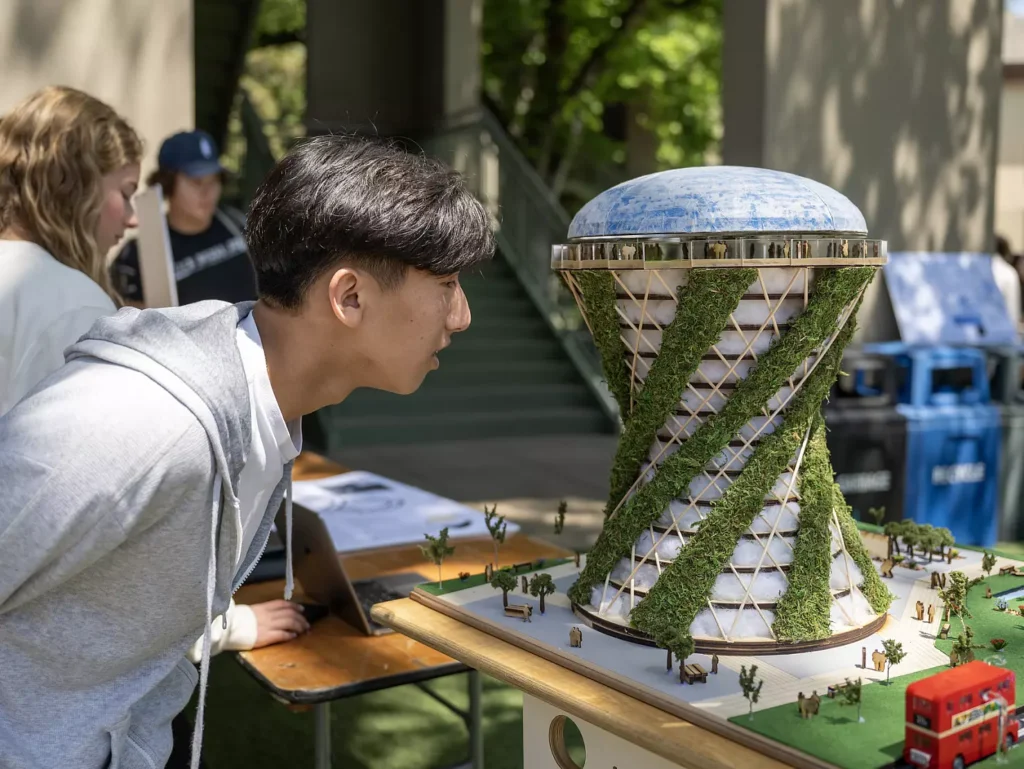HOW MENLO SCHOOL USED THE SPACE FRAMEWORK TO INCREASE ENGAGEMENT
Since participating in the School Partnership in 2017-18, Menlo School has continued to use strategies from the SPACE Framework to increase engagement. In addition, they administer the Challenge Success student survey on a regular basis to track their progress.
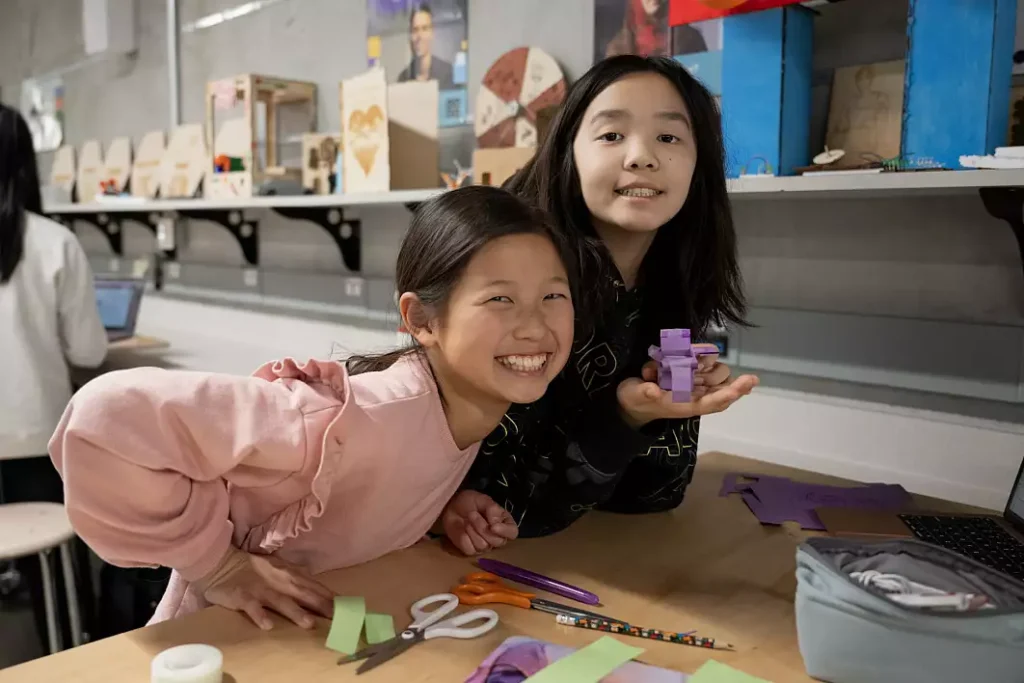
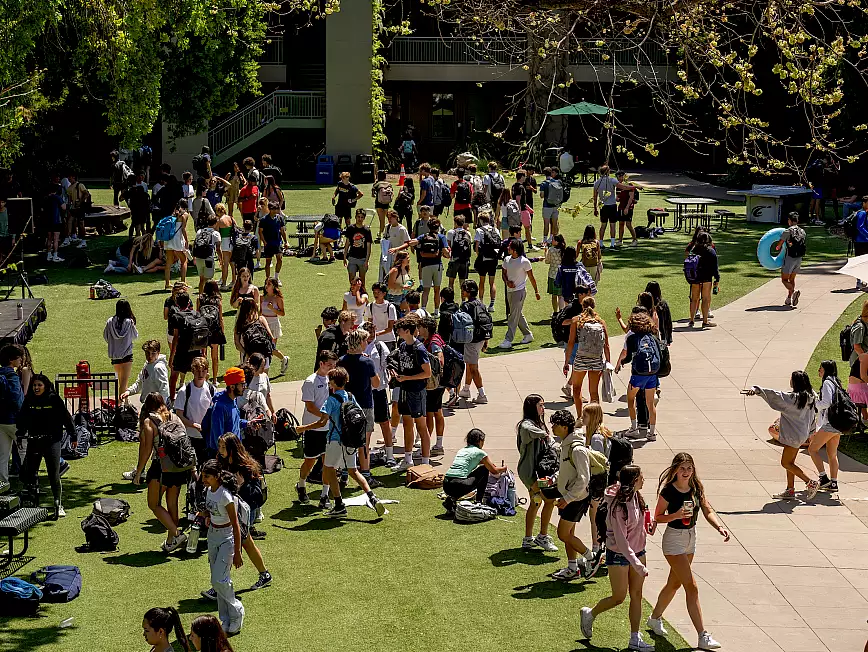
Menlo School’s journey with Challenge Success began in 2017–18, when they joined the School Partnership to better understand and improve the student experience. Guided by the SPACE Framework and informed by regular student survey data, the school committed to identifying the root causes of disengagement and co-designing meaningful changes. Over the years, this sustained work has helped Menlo shift from isolated adjustments to a comprehensive approach that prioritizes engagement, well-being, and belonging for all students.
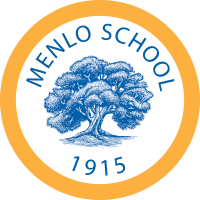
In Phase 2, the team is charged with co-designing change ideas with specific goals aligned with their vision. This process involves brainstorming, creative ideation, consulting with their coach, using strategies from the SPACE Framework for School Change, and collaborating to create an action plan. School leaders and educators at Menlo School attribute engagement improvements to several key changes implemented over an eight year period. These efforts were designed to foster a more engaging learning environment through multiple approaches piloted over time rather than one single change.
Strategies Implemented
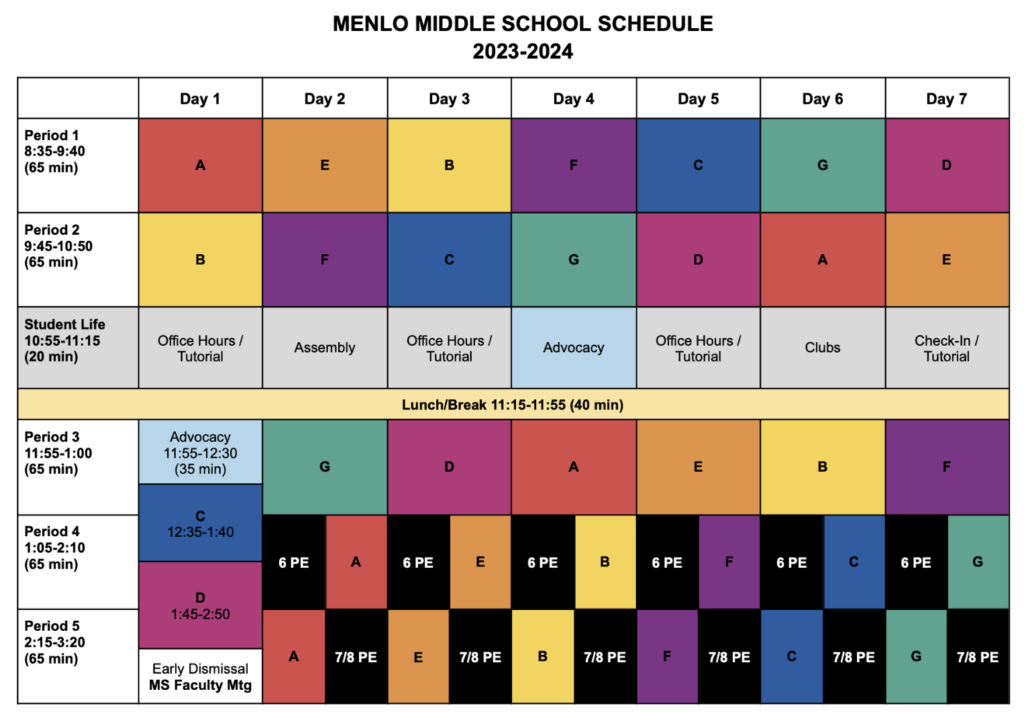
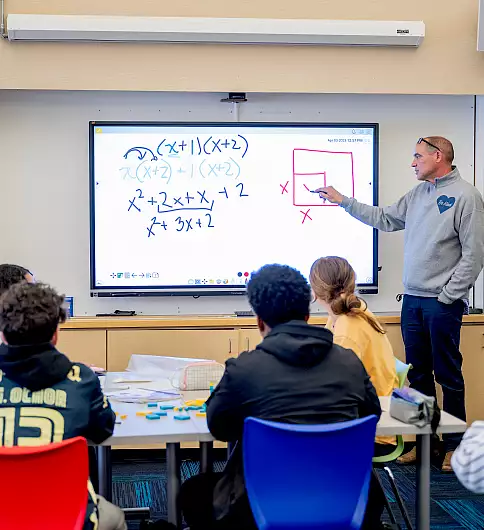
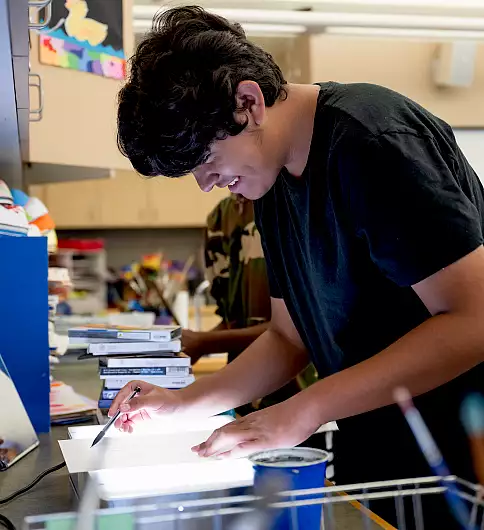
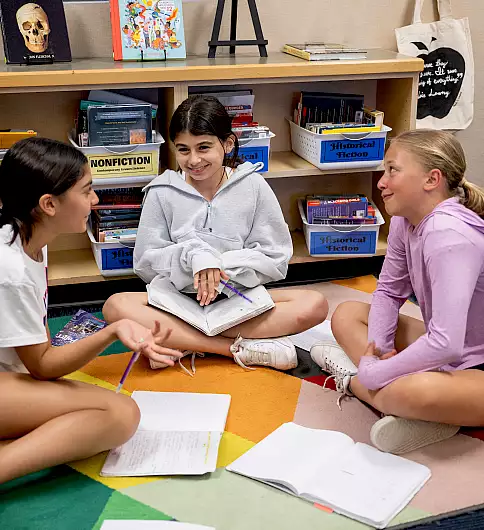
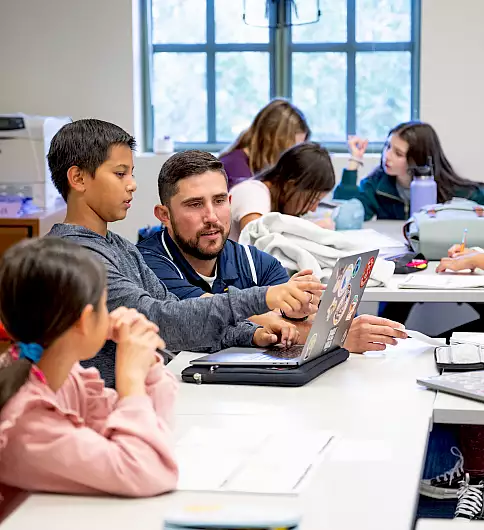
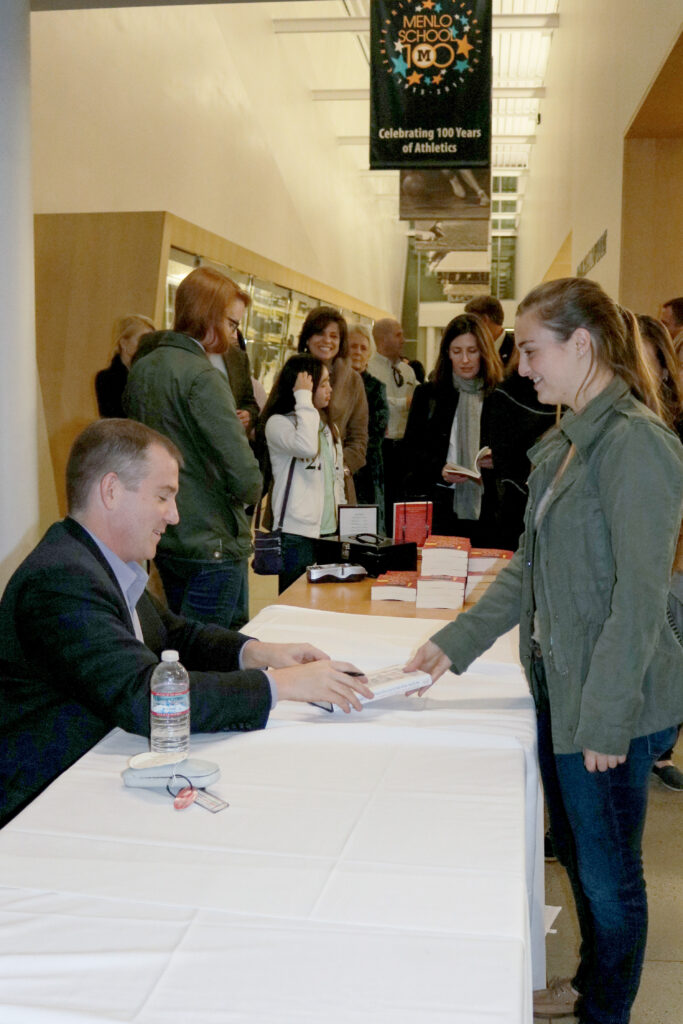
Reflect on Progress
Recent data from the past two years reveal positive shifts in student engagement, including a decrease in upper school students who report “doing school”; more students fully and purposefully engaged in upper school; and an increase in students fully engaged in middle school.
Measurable improvement in engagement for middle and upper school students
MIDDLE school students in the Fully Engaged category increased from 35% in 2022 to 41% in 2024
UPPER school students in the Fully Engaged category increased from 28% in 2022 to 36% in 2024
UPPER school students in the “Doing School” category decreased from 33% in 2022 to 26% in 2024
Menlo School’s long-term work has resulted in a notable improvement in student engagement outcomes. Thanks to their commitment to cycles of learning, including piloting changes, making adjustments, and collecting data, the school continues to improve each year, which impacts the school as a whole as well as individual students.
The school’s efforts have helped faculty and families find alignment, shifting the focus from achievement metrics to holistic student development. The school community is a shining example of what it means to be student-centered and focused on meaningful growth and connection.
